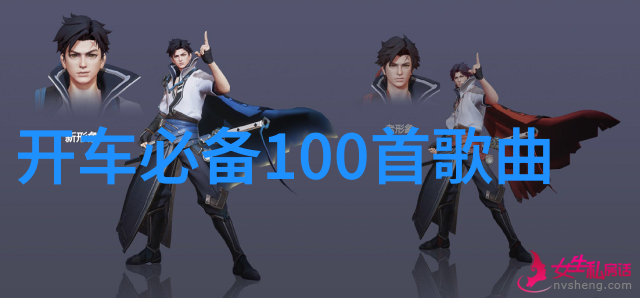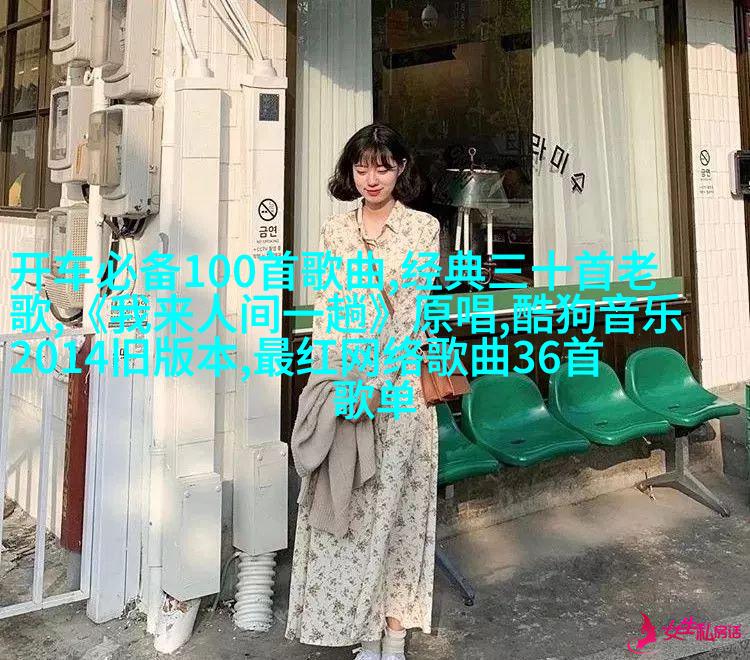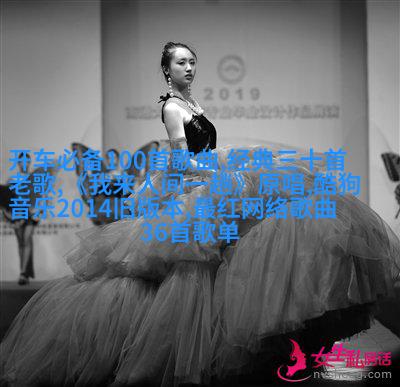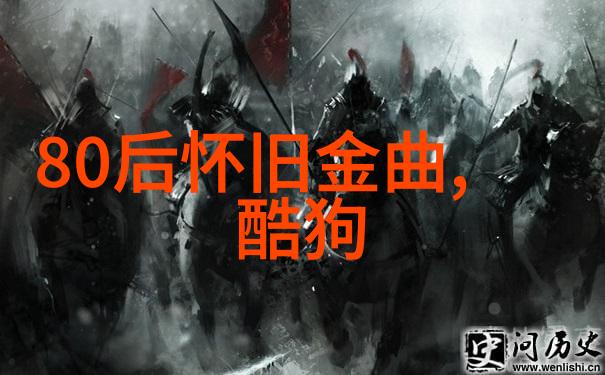日本综艺风尚笑声才华与文化的交响
日本综艺风尚:笑声、才华与文化的交响

日本综艺的起源与发展
在20世纪50年代,随着电视机的普及,日本开始了其综艺节目的历史。这些节目最初主要是音乐和舞蹈表演,但随着时间的推移,它们逐渐多样化,包含了谈话秀、游戏节目以及真人秀等。

日本综艺中的娱乐元素
娱乐性是日本综艺节目的核心特点之一。从搞笑小品到歌舞表演,再到各种各样的趣味竞赛,每一档都以其独特的方式吸引观众。在《我是歌手》、《星途》等热门选秀节目中,我们可以看到参赛者的才华横溢,以及观众之间的情感共鸣。

文化融合与创新
日本不仅借鉴了西方文化,也将传统文化融入到了现代综艺中。例如,《有吉大反转》的搞笑元素结合了传统喜剧,同时也展现出年轻人的生活态度和价值观。此外,如《明治维新!恋する正月》,通过时光倒流的手法,将历史故事带入当代,为人们提供了一种新的视角去理解过去。

社会影响力与公共讨论
Japanese variety shows have a significant impact on society and public discourse, often sparking heated debates and discussions around various issues such as social values, ethics, and cultural norms. For instance, the popular show "Terrace House" offers a glimpse into the lives of young adults living together in a shared house, raising questions about relationships, careers, and personal growth.

国际影响力与全球化趋势
Today's Japanese entertainment industry is no longer confined to domestic audiences but has gained international recognition through streaming platforms like Netflix and YouTube. Shows like "Neon Genesis Evangelion" have attracted global fans with their unique storytelling style and themes that resonate across cultures.
未来发展前景
The future of Japanese variety shows looks promising as they continue to evolve with new formats and technologies emerging all the time. The rise of virtual influencers like Hatsune Miku has opened up new avenues for creative expression while also challenging traditional notions of celebrity culture.
Japan's variety show landscape is rich in diversity, creativity, and innovation - an integral part of its vibrant entertainment industry that continues to captivate audiences both at home and abroad with its unique blend of humor, talent display & cultural exchange!



